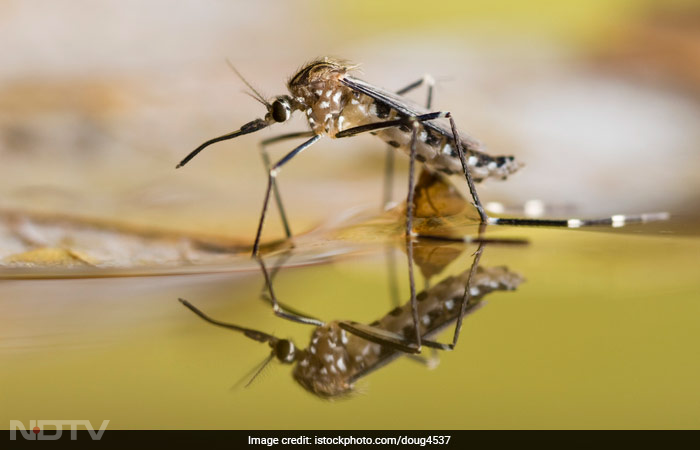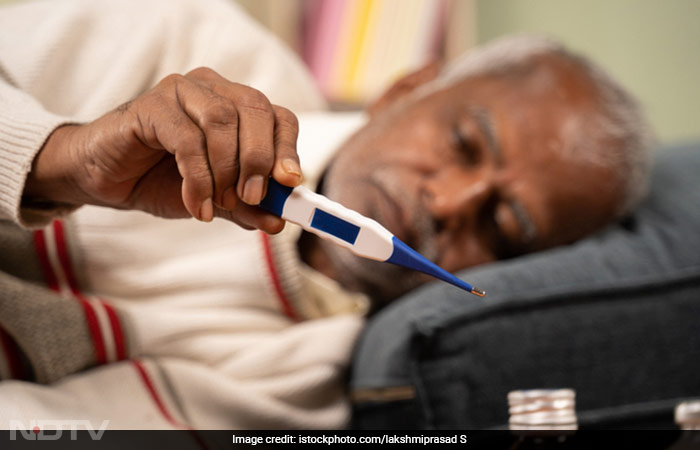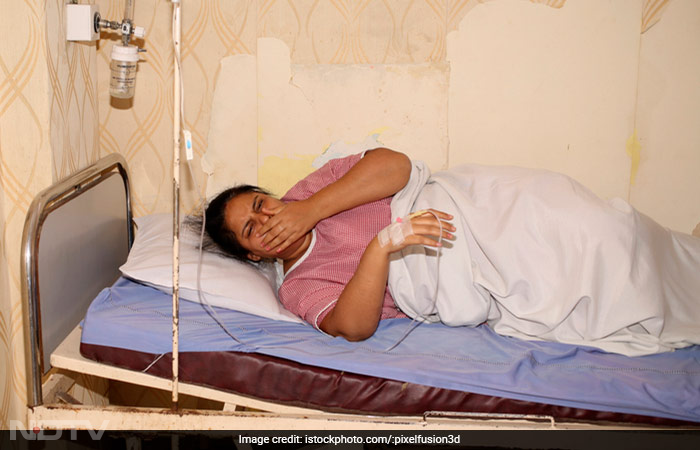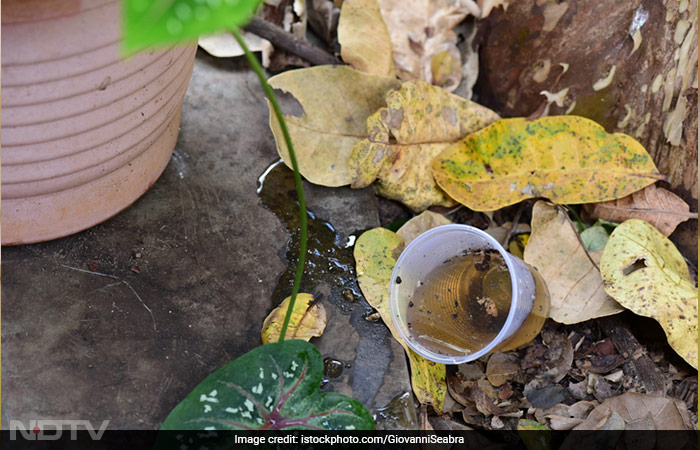Dengue: How To Protect Ourselves From The Vector-Borne Disease
Dengue, being the most common vector-borne disease, spreads rapidly every year during the monsoon season, to know about its causes, symptoms, and preventions, NDTV-Dettol Banega Swasth India spoke to Dr Ajay Agarwal, Head of Department, Fortis Hospital, Noida, and Dr Dhiren Gupta, Senior Consultant at Sir Ganga Ram Hospital, Delhi

Talking about the cases of Dengue, Dr. Dhiren Gupta said that stagnant and slow-draining water acts as a breeding ground for mosquitoes, and the warmer temperatures enhance the virus replication within the mosquitoes' bodies. Besides, these species can enter homes through microscopic openings in doors, windows, vents, and chimneys.

The symptoms of Dengue vary from mild to severe. Nearly 99 per cent of the patients showcase mild and moderate symptoms. "The patients come in with complaints of mild fever, headache, throat pain, bodyache, vomiting, recurrent loose motions, swollen glands, nausea, pain in the eyes, and mild breathlessness," Dr Ajay Agarwal said.




For patients experiencing mild or moderate symptoms, they are required to stay at home, include plenty of fluids in their diet, and use medicines to bring down the fever if prescribed by the doctor, Dr Ajay Agarwal said. Patients with severe symptoms may require hospitalisation and platelet transfusions, he added.

"Prevention of the complication is the major treatment for dengue," Dr Agarwal said. He said that maintaining personal hygiene and cleanliness can help reduce dengue fever cases by a large margin. Additionally, individuals should wear protective clothing during the monsoon season and use insect repellents at home to protect themselves, he added.


















